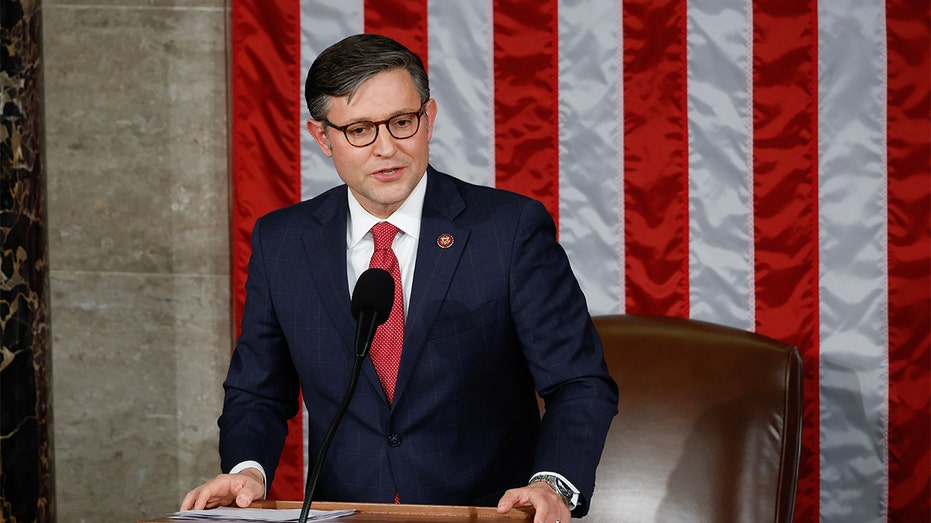US likely to fall into recession under Trump, top economist warns
The US is likely to fall into recession during Donald Trump’s second term if he makes good on his campaign promises, a leading economist has predicted. Paul Mortimer-Lee, a research fellow at the National Institute of Economic and Social Research (NIESR), said growth in the world’s largest economy could slump if the president-elect follows through [...]


The US is likely to fall into recession during Donald Trump’s second term if he makes good on his campaign promises, a leading economist has predicted.
Paul Mortimer-Lee, a research fellow at the National Institute of Economic and Social Research (NIESR), said growth in the world’s largest economy could slump if the president-elect follows through with “ill-considered, rushed and damaging” plans for tariffs, mass deportation, tax cuts and slashing government spending.
He said the package would be “likely to tip the US economy into recession”, adding that a “worst-case scenario” could see the US’ GDP contract by between two and three percentage points.
That would pare much of the strong growth seen this year. The US economy expanded by an annualised 2.8 per cent in the third quarter, while NIESR forecasts GDP will grow 2.8 per cent in 2024.
A recession would also cause jitters among the US’ biggest trading partners across the global economy, including the UK.
Mortimer-Lee argued that Trump’s stance on deportation would have the biggest impact as he lays plans to expel all immigrants in the US illegally, which could create shortages of workers and drive up wages.
“Expelling five million workers could reduce GDP by close to 2.5 per cent,” Mortimer-Lee told The Telegraph. “Since expulsions would continue for years, the reduced rate of growth in GDP would be persistent – not a one-off shock like tariffs.”
The economist added that tariffs would also stoke inflation. Trump, who has called the tax his favourite word, pledged to boost the US economy through tariffs of at least 10 per cent on any foreign imports, rising to 60 per cent for Chinese imports and 100 per cent for Mexico.
Mortimer-Lee said US inflation could rise to seven or eight per cent by 2027, although noted uncertainity given Trump’s rhetoric surrounding the president’s influence over the Federal Reserve, which sets interest rates.
Trump has hinted that he wishes to have a role in drawing up monetary policy after criticising Fed chair Jerome Powell. In October, Trump called Powell’s role “the greatest job in government”, adding: “You show up to the office once a month, and you say, ‘Let’s see, flip a coin.’”
Still, Trump told NBC on Sunday that he had no plans to replace Powell upon his return to the White House. Powell has insisted that Trump does not have the power to fire either him or any senior Fed officials.
Mortimer-Lee said “possible outcomes” to an undermining of the Fed’s independence could include “a funding crisis, pro-cyclical fiscal tightening, fiscal dominance of the Fed, and a dollar crisis”.



